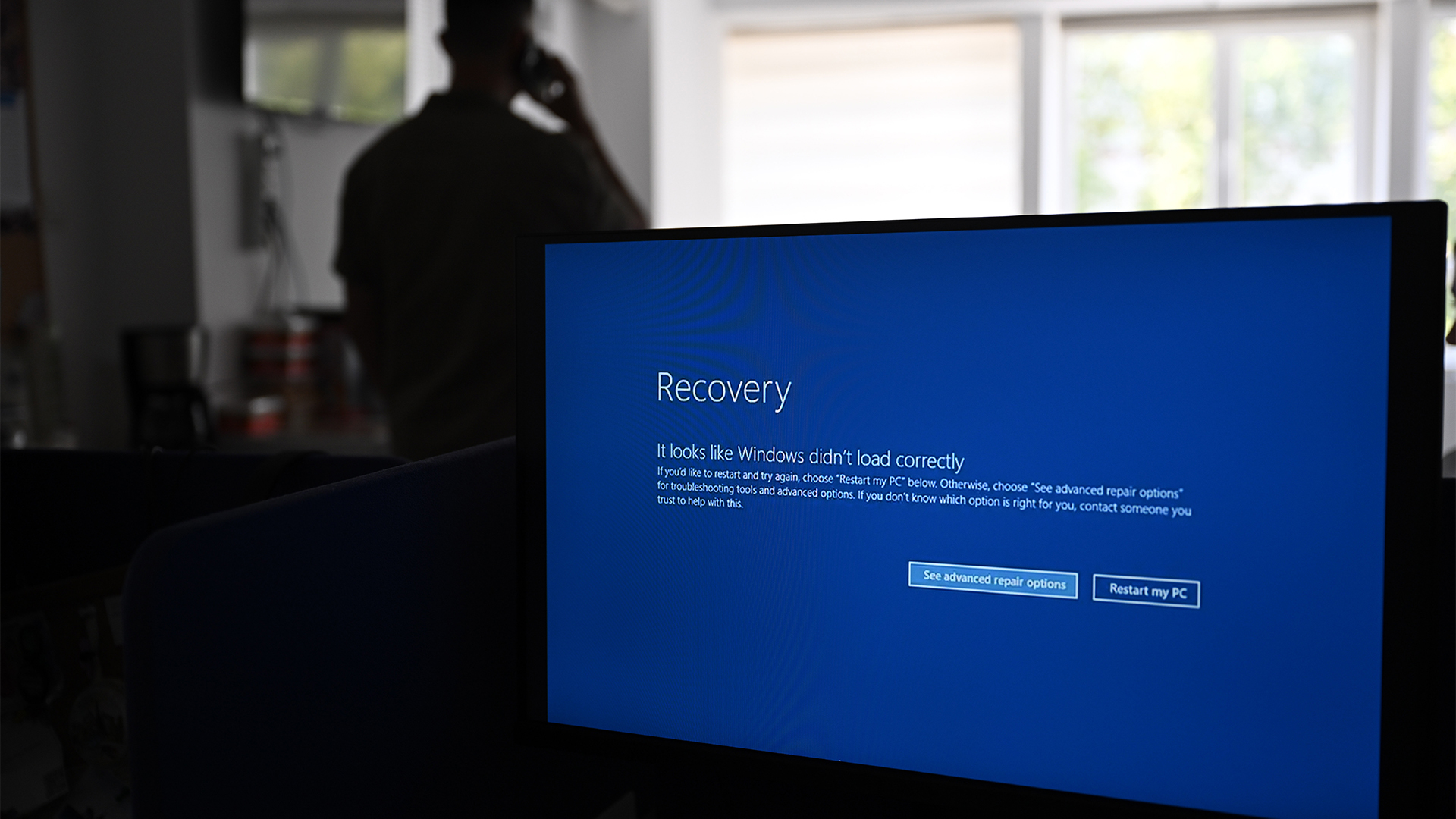Dropbox takes $400m hit after move to sublease office space
The "one-off" charge makes for disappointing Q4 results in an otherwise strong year


Cloud storage firm Dropbox has reported a 'one-off' loss of $398.2 million in its fourth-quarter report, due to its decision to sublease most of its office space as part of a remote working strategy.
The company announced in October that it would be shifting all of its employees to permanent remote work, with the company only using a small portion of its office space for occasional in-person collaboration. As a result, Dropbox then moved to sublease the rest of its space to the market.
The cloud firm, which has leases in San Francisco, Seattle, Austin, and Ireland, noted in its Q4 results that it had incurred impairment charges of $398.2 million after an assessment of its current real estate was downgraded.
"We reassessed our real estate asset groups and estimated the fair value of the office space to be subleased using current market conditions," the firm noted in its report. "Where the carrying value of the individual asset groups exceeded their fair value, an impairment charge was recognised for the difference. As a result, we recorded total impairment charges of $398.2 million in the fourth quarter of 2020 for right-of-use and other lease-related assets."
Although this is regarded as a 'one-off' loss, it stands as a significant slump for a company that would have otherwise recorded a strong 2020 performance. In Q1 the firm recorded a profit for the first time since it debuted on the stock market in 2018. With the spread of COVID and the swift change to remote working, the company reported further gains in Q2 and Q3, the latter of which saw net incomes of $32.7 million, almost double the figure reported in the same period a year before ($17.2m).
RELATED RESOURCE

Future of video conferencing
Optimising video conferencing features to achieve business goals
Dropbox notably decided not to implement the sort of 'hybrid' work strategy that has become popular throughout the industry, where employees can choose to work from home or in the office. The company has maintained that hybrid work arrangements could create two different employee experiences that could ultimately create "barriers to inclusion" and career inequalities.
Instead, it's ushering in a 'Virtual First' strategy where remote is now the "primary" setup for all of its employees and the day-to-day default for individual work, with the remaining office space being used for occasional collaborative work.
Sign up today and you will receive a free copy of our Future Focus 2025 report - the leading guidance on AI, cybersecurity and other IT challenges as per 700+ senior executives
The firm is also planning to spread further afield with on-demand, collaborative spaces touted for other regions, although these are yet to be announced.
Bobby Hellard is ITPro's Reviews Editor and has worked on CloudPro and ChannelPro since 2018. In his time at ITPro, Bobby has covered stories for all the major technology companies, such as Apple, Microsoft, Amazon and Facebook, and regularly attends industry-leading events such as AWS Re:Invent and Google Cloud Next.
Bobby mainly covers hardware reviews, but you will also recognize him as the face of many of our video reviews of laptops and smartphones.
-
 How to MFA everywhere
How to MFA everywhereIndustry Insights Identity online is not who you are; it is what the system accepts as proof of you, and that gap is exactly what the attackers take advantage of
-
 UK government confirms October cyber breach: Everything we know so far
UK government confirms October cyber breach: Everything we know so farNews Details around Foreign Office hack remain sparse and government says it's unclear who is behind the attack
-
 Infosys co-founder Narayana Murthy called for a 70 hour week last year — now he says that’s not enough
Infosys co-founder Narayana Murthy called for a 70 hour week last year — now he says that’s not enoughNews Murthy thinks longer hours akin to China’s '996' approach are the key to success
-
 Microsoft could be preparing for a crackdown on remote work
Microsoft could be preparing for a crackdown on remote workNews The tech giant is the latest to implement stricter policies around hybrid working without requiring a full five days in the office
-
 IT professionals aren’t budging on flexible work demands – and more than half say they’ll quit if employers don’t meet expectations
IT professionals aren’t budging on flexible work demands – and more than half say they’ll quit if employers don’t meet expectationsNews Analysis from Randstad shows 40% of UK-based IT pros have quit over a lack of flexible work options, while 31% of workers globally have done the same.
-
 'Digital hide-and-seek': Workers are wasting hundreds of hours a year sourcing the information they need to carry out their role
'Digital hide-and-seek': Workers are wasting hundreds of hours a year sourcing the information they need to carry out their roleNews Knowledge workers globally are wasting a quarter of their working week tracking down information, new research from Atlassian has revealed.
-
 'The tide seems to be turning towards office attendance': 64% of hybrid business leaders want staff back in the office – but many worry that enforcing RTO mandates will drive employees away
'The tide seems to be turning towards office attendance': 64% of hybrid business leaders want staff back in the office – but many worry that enforcing RTO mandates will drive employees awayAnalysis Many UK business leaders want their staff back in the office more frequently, but they’re scared to implement return to office (RTO) mandates in fear of worker revolts.
-
 Employees are dead set on flexible working arrangements – three quarters would turn down a role that didn't offer hybrid options as work-life balance becomes more important than pay
Employees are dead set on flexible working arrangements – three quarters would turn down a role that didn't offer hybrid options as work-life balance becomes more important than payNews New research shows workers are increasingly demanding flexible working arrangements from employers.
-
 Nearly half of tech workers are seeking new roles – declining employee benefits and reduced flexible working options have staff looking elsewhere
Nearly half of tech workers are seeking new roles – declining employee benefits and reduced flexible working options have staff looking elsewhereNews While salaries are rising for tech workers, other benefits are in decline, leading to a fall in job satisfaction
-
 It's been two weeks since CrowdStrike caused a global IT outage – what lessons should we learn?
It's been two weeks since CrowdStrike caused a global IT outage – what lessons should we learn?Opinion The incident on 19 July was possibly the biggest IT outage to date
